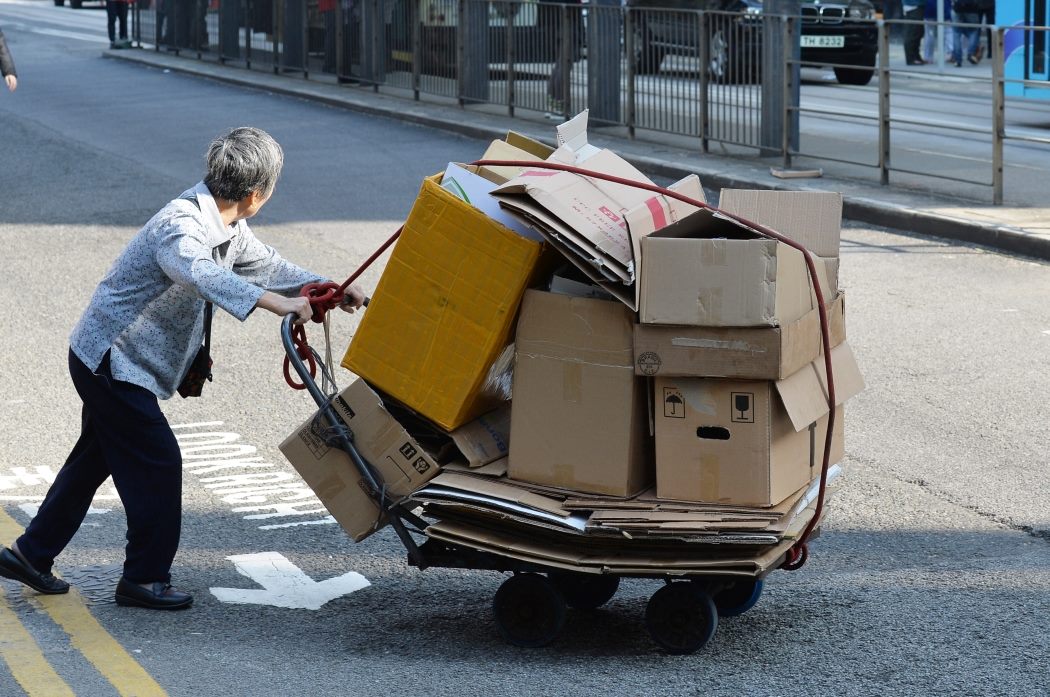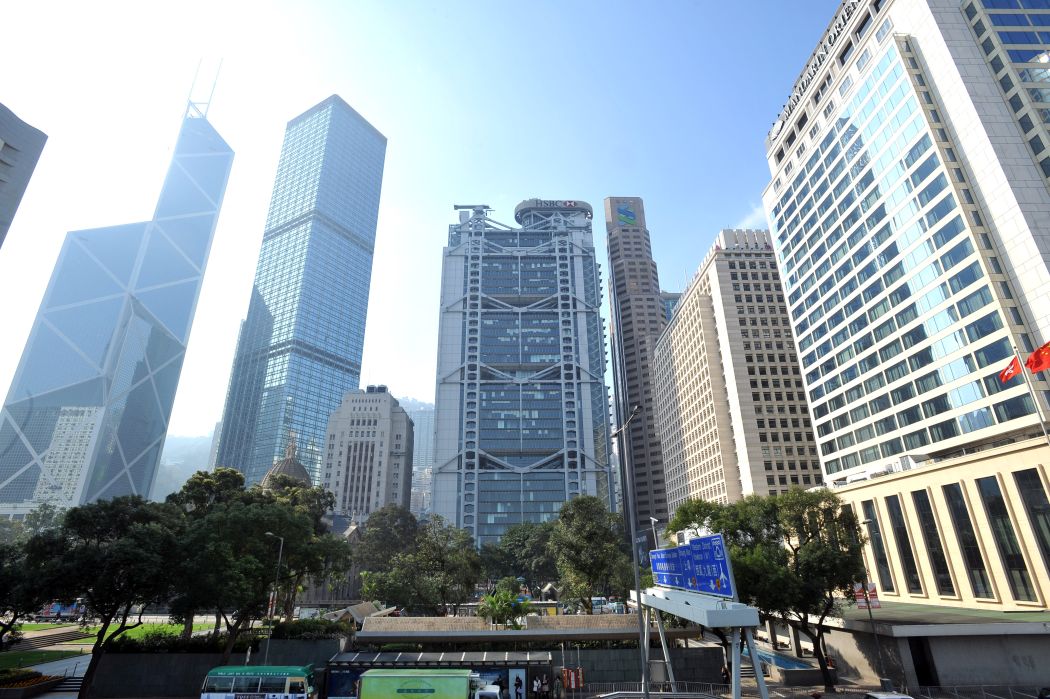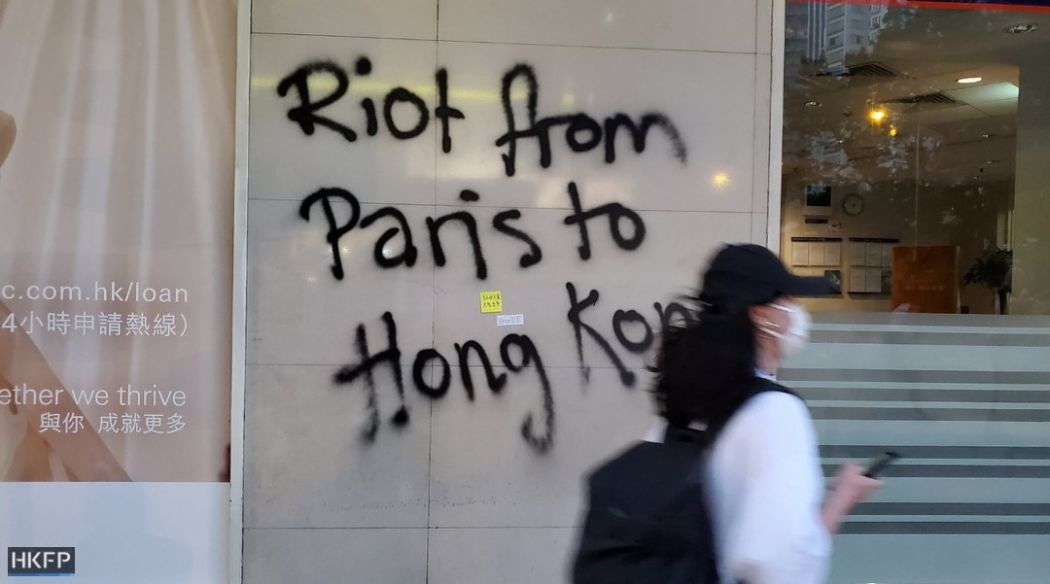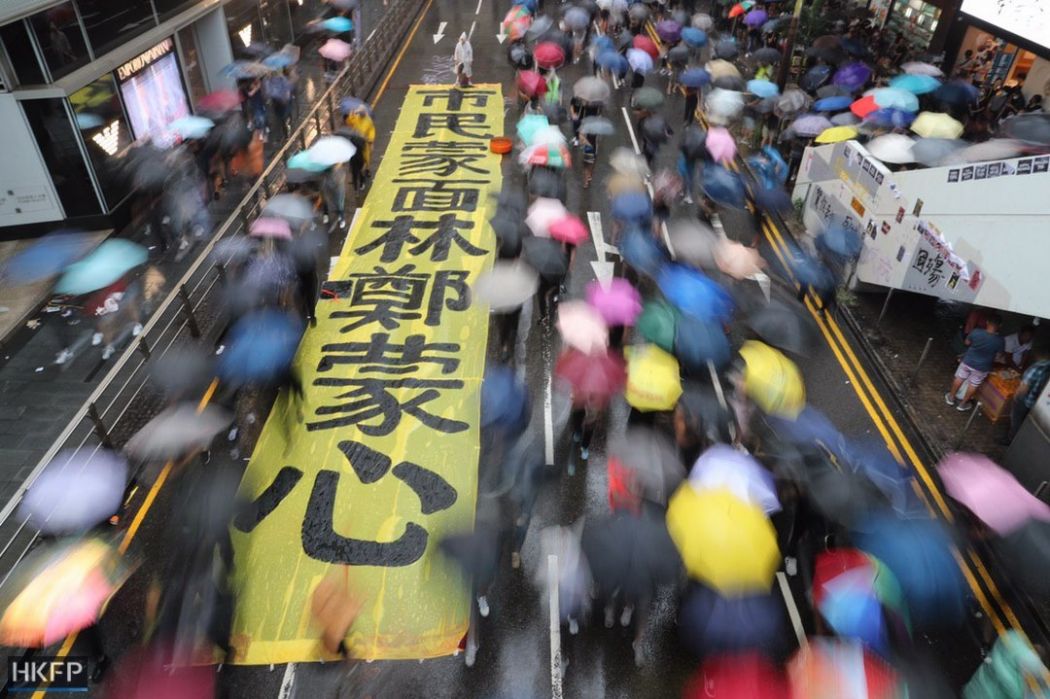Hong Kong is the third most competitive economy in the world, according to the World Economic Forum’s Global Competitiveness Report released this month.
The city’s government and business community always take a lot of pride in this kind of ranking, where Hong Kong always finishes in one of the top spots. But in reality, Hong Kong’s top placings in these rankings are meaningless, as the ongoing anti-extradition protests vividly demonstrate.

As a global financial centre and business hub, it is not surprising that Hong Kong always does well in economic rankings. For instance, both the Fraser Institute and Heritage Foundation judged Hong Kong to be the “freest economy” in their respective rankings for this year.
When it comes to the concentration of financial firms, infrastructure, regulations, and clear rule of law, Hong Kong has few peers in the region as a financial hub. However, this masks a clear decline and deficiencies in many other aspects of Hong Kong that have nothing to do with business – press freedom, inequality, housing, culture, livability etc.
While Hong Kong finished highly in several categories in the Global Competitiveness Report, including coming first in financial system and macroeconomic stability, it was not so strong in innovation, finishing 26th, and workforce skills, especially critical thinking in teaching, where Hong Kong ranked 40th.
The situation was worse when it came to freedom of the press where Hong Kong was a lowly 61st while for workers’ rights, it was an abysmal 116th. The disparity between the rankings reflects the major importance placed by Hong Kong on the financial system and commerce while neglecting research and development, and protection for workers.

Given that these rankings were based on data collected before June, when the ongoing protests started, several of these scores are almost certainly going to be worse in next year’s rankings.
Meanwhile, the conservative Heritage Foundation, which has ranked Hong Kong as the world’s freest economy for 25 consecutive years, prioritises business-friendly measures. To the foundation, this means low business taxes, low government expenditure, and limited labour rights, in things such as job security, severance pay, and a minimum wage.
Hong Kong clearly meets all these criteria, which is great for businesses but terrible for workers. Even then, the foundation raised concerns about the effectiveness of Hong Kong’s judicial system due to the growing influence of China.
The Fraser Institute, also a conservative and libertarian think tank, also similarly values the free market while seeing increased government regulation as a hindrance. In this regard, Hong Kong also does well, hence its also topping the think tank’s Economic Freedom of the World ranking released in September.
The institute did warn against interference from China having an adverse impact on Hong Kong’s rule of law (as did the Heritage Foundation), which prompted the Hong Kong government to get defensive despite welcoming the fact Hong Kong topped the ranking.

This one-dimensional development is a major factor in how Hong Kong has got to this level of mass discontent. When those in power continuously pursue economic success while neglecting political and socioeconomic development for its people, it is not hard to understand why so many seethe with deep dissatisfaction, especially the young.
This is why the protests have lasted for over four months, involving massive street rallies, clashes and boycotts. Initially sparked by widespread fear over the government’s extradition bill, the protests also capture the anger of many Hong Kongers over declining political and civil freedoms during the past few years.
This is further intensified by socioeconomic problems such as worsening poverty, widening inequality, and insane home prices.

Whether political or socio-economic, Hong Kong’s problems have festered due to the inept leadership of the government over the years.
What good is it being the world’s most “competitive” economy when Hong Kong has the world’s most expensive housing by far with the average property costing US$1.235 million and US$2,091 per square foot. The median Hong Kong salary is below the median rent, while a regular Hong Kong resident will need to pay at least 18 years of his or her salary to purchase a home.
The stark contrast between Hong Kong’s financial prowess and its standard of living could be seen just this March, when Hong Kong placed 71st on the Mercer quality of living city rankings.
Taking into account factors like housing, health care, public transit, and socio-economic and economic environment, the Mercer rankings cover a wider range of areas than the competitive and freest economy rankings.
The same huge disparity between economic and livability rankings is not seen in other places, which often feature highly in both economic and livability rankings. Singapore, which is often considered Hong Kong’s biggest rival and actually topped the Global Competitiveness Report, was the highest-ranked Asian city at 25th on the Mercer list.

It’s no mystery why Singapore is so far ahead of Hong Kong when it comes to livability. Despite Singapore’s restricted press and assembly freedoms, its homes are far more affordable and larger than Hong Kong’s, its economy is more diversified, and its urban layout is much less cramped.
And of course, there is also the question of how true is it that Hong Kong is the world’s freest or most competitive economy. When a handful of tycoons and their family conglomerates dominate vast swathes of Hong Kong’s economy from property to utilities to stores, how “free” really is the economy?
When sectors like taxis can remain controlled by established players while being protected from outside competition like Uber, competitive is one of the last words I’d use.
Instead of patting themselves on the back and putting so much importance on topping global “competitiveness” and “freest economy” rankings, Hong Kong’s leaders would do better to focus on the bigger picture. Unfortunately, as can be seen with their handling of the protests, they show little sign of being able to do that.
